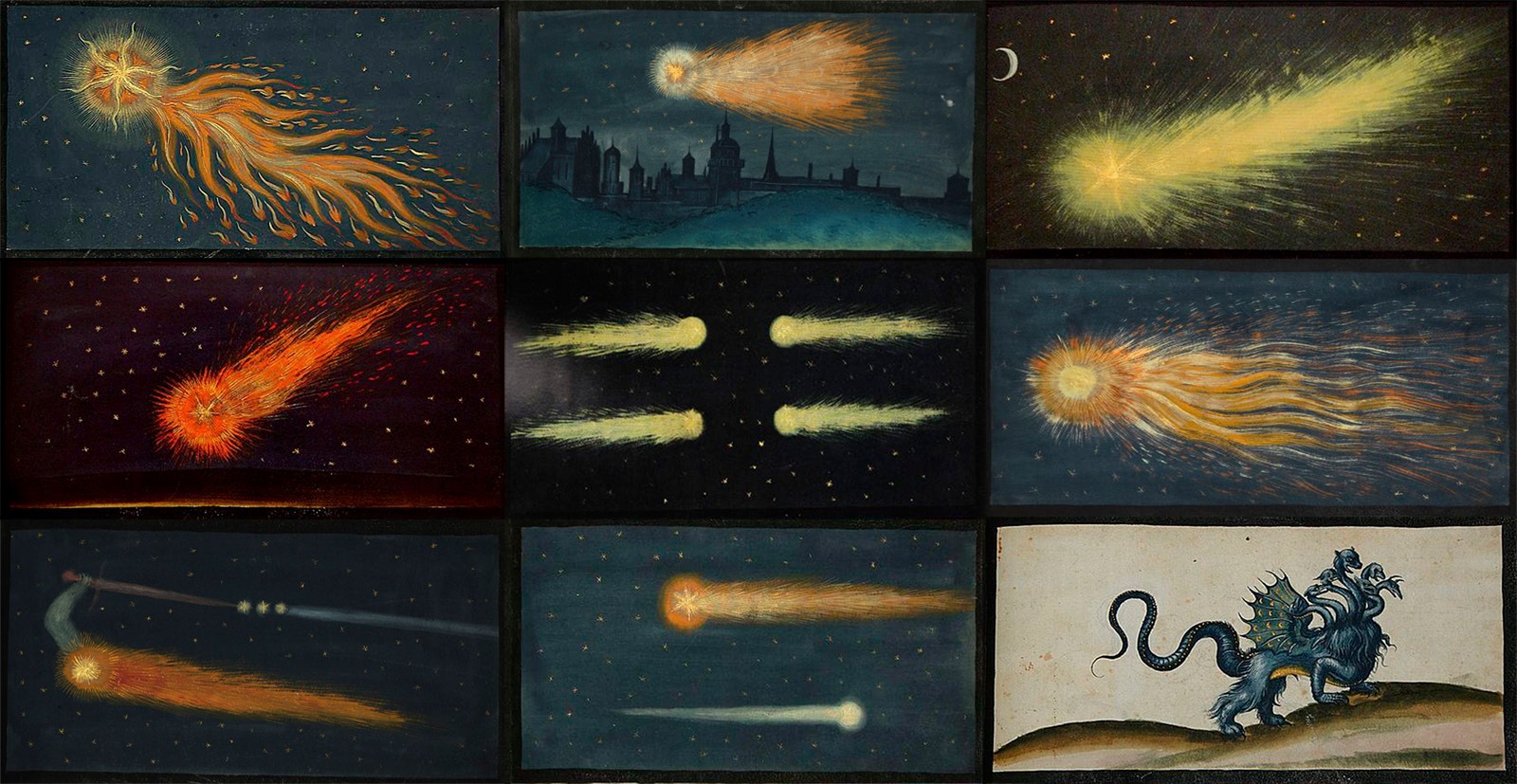By Vadim Filatov
Thoughts less than Nothing!
1. You don’t have to think about anything. You can even think of nothing. But radical nihilism means thinking less than nothing. Cowardice of thought consists of faith and unbelief. Beyond it are knowledge and ignorance. I think, so I know that I do not exist.
2. Any person who transcends everyday life is in some respects a nihilist. Nihilism is a monstrous torch in the twilight of everyday life. It illuminates the daily routine, but hе also seeks to burn it. For nihilism, the destruction of the daily routine is the destruction of the causes of its nihilism. And also nihilist wishes to destroy himself as a nihilist. The nihilist differs from the narrow person in that he seeks to burn himself in the cleansing fire of his nihilism. The radicalism and decisiveness of nihilism is demonic (extraordinary, strong in character; evil) radicalism and demonic decisiveness. He is a demonic sword raised over the daily routine. Our irresistible and secret curiosity for the extraordinary is always rooted in an irresistible and secret contempt for the ordinary life. It is the demonic side in the nihilist that separates him from all other people and makes his loneliness absolute.
3. The meaning of history lies in the redistribution of evil. What does nihilism think of the state? Nothing, for it does not interest him. The point is that consistent nihilism is capable of surpassing even the state in its hatred of humanity.
4. The mistake of almost all revolutionaries was the reduction of their goals to the level of vulgar materialism. The revolution of emptiness (Nothing to Power and Emptiness to Supremacy ― Azsacra Zarathustra) is aimed at destroying not only the material, but also the spiritual being (an absolute break of the spirit). What will be left? Less than nothing. NIHILLIHIN & ETERNAL REBELLION. Azsacra Zarathustra talks about dissipating power through emptiness and turning it into nothing. Chaos, anarchy and emptiness have always been closer to him than power, order and domination. In general, he talks a lot about the “great hunt for death” and the final “destruction of the destroyers.” According to his view, aggression, in its true impulse to life, will always be relevant for the most “terrifying workers” of thought. Free rebellious Eros is not a family “forced ejaculation” of everyday love.
Life, childbearing, death ― this is violence against the body. The philosopher always applies the most complex and the simplest means at the same time. Aggression, violence, toughness ― this is simplicity. Tenderness, thrill, fragility is complexity. Antonin Artaud taught “to deflect form and incite chaos”. Azsacra singles out “chaos to freedom” and turn it against all types of “controlled chaos”, against all “lower anarchies” of the system. He needs the pure energy of rebellion for the height of thought, and not for the earthiness of strife and the routine of pogroms. He is not interested in “aggression” by itself, but in what initially surpasses it in “secret deconstruction” from the softest. For example, the fluttering of a butterfly as a guarantee of the fall of fortresses, the trembling of a drop as energy for a tsunami strike, the twisting of a lizard’s tail as the death / life of all at once. He is always ready to talk to pigs, but the main thing is not to throw pearls in front of a person.
Azsacra developed the combat concept “NothingNietzsche” (and more) and used it quite successfully against both Western thought and Eastern philosophy. To paraphrase the sad, merry suicidal guy Guy Debord: “any philosophy must also be destroyed.” For what? For the triumph of the Impossible and Incredible. Not “we don’t think yet” (Heidegger), but we still don’t risk so much for thought in speed and madness. Lightning, unlike an atomic explosion, can never be old-fashioned. If the world is still the same “human crap”, then the “will to power” is human rubbish. Everything is an illusion, everything is a copy of a copy (“no original”). That is: no female organism has yet been able to checkmate with your uterus to the matrix in this completely deceitful world. Thus spoke Zarathustra. And this is how it is indicated in the most ancient “negations” and new “negations.” Azsacra is also a denier. Nietzsche without Nietzsche ― this is his lightning! Zarathustra against Zarathustra ― this is the madness!
5. The meanings of life are possible only in the space of myth. Nihilism acts as the enemy of a deceitful culture, the main function of which is to create a complex Fiction that combines the survival instinct with its absolute impossibility. Nihilism also acts as a staunch supporter of antiphilosophy, anti-scientism and anti-natalism, considering any manifestations of vitality exclusively from the standpoint of Nothing.
6. We are dust that swirls and carries the wind. The world stands on accident. Moreover, he himself is an accident. ― Maybe the accidents are not accidental? ― asks the ordinary person, naively blinking and hoping that he is something and not nothing. But all accidents are random. Life is too short to waste on life itself. Nevertheless, ordinary people spend their lives in vain attempts to avoid accidents until a suddenly torn off blood clot destroys their hopes. For hope dies first.
7. Non-being presupposes division into non-being in itself (taken by itself) and non-being for itself. The latter is all the same non-being in itself, which as a whole becomes self-addressed. Since there is nothingness, it seeks to overcome this contradiction, denying itself. Perceiving oneself at the level of a person’s feeling and thinking, and then destroying him, non-being comes to itself, coincides with itself, becoming non-being in its absolute completeness. At the same time, being, as the pre-existence of non-being, is sensuously perceptible. This means that it is based on opinions and illusions and, as such, is opposite to the truth. Consequently, truth, in turn, is the opposite to being and is an intelligible non-being.
8. Untruth is the form of truth. The only question is, are these or those ideas crazy enough to be true?
 Vadim Filatov is a modern Russian philosopher-nihilist. Born in 1964 in a city of Dushanbe (Tajikistan, Central Asia). In 1987 he graduated from the Moscow State University (The History Department). Qualification work deals with “The Historical views of Dostoevsky”. In 1990-1994 he attended postgraduate courses at Moscow State University (The Philosophy Department). In 1994 Vadim Filatov finished the courses and got PHD in philosophy. After that he spent some years teaching philosophy and history in different high schools of Russia. In 2007 the Publishing House of the Saratov University released Vadim Filatov’s book, titled as: “Antiphilosophy, or the Notes of an Underground Paradoxalist”. Also, Vadim Filatov is the author of philosophical long-essays: “The Book of Non-Existence” (2009), “The Warriors of Void” (2010) and “Ethics of Nothingness. Life without Meaning: The Most Sad Philosophy” (2019). Now he continues to investigate a problem of life sense in a context of his own philosophy of not-existence.
Vadim Filatov is a modern Russian philosopher-nihilist. Born in 1964 in a city of Dushanbe (Tajikistan, Central Asia). In 1987 he graduated from the Moscow State University (The History Department). Qualification work deals with “The Historical views of Dostoevsky”. In 1990-1994 he attended postgraduate courses at Moscow State University (The Philosophy Department). In 1994 Vadim Filatov finished the courses and got PHD in philosophy. After that he spent some years teaching philosophy and history in different high schools of Russia. In 2007 the Publishing House of the Saratov University released Vadim Filatov’s book, titled as: “Antiphilosophy, or the Notes of an Underground Paradoxalist”. Also, Vadim Filatov is the author of philosophical long-essays: “The Book of Non-Existence” (2009), “The Warriors of Void” (2010) and “Ethics of Nothingness. Life without Meaning: The Most Sad Philosophy” (2019). Now he continues to investigate a problem of life sense in a context of his own philosophy of not-existence.


